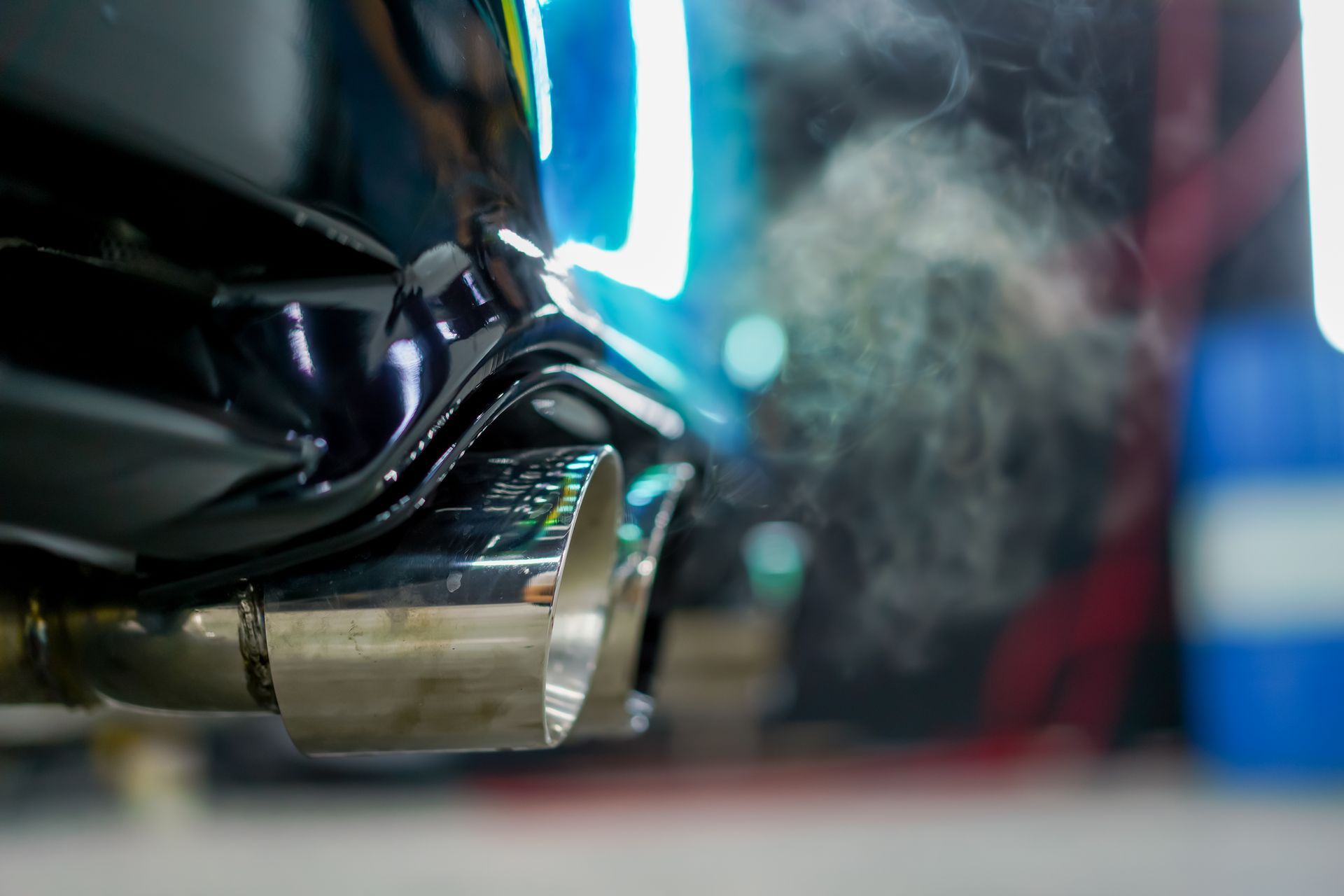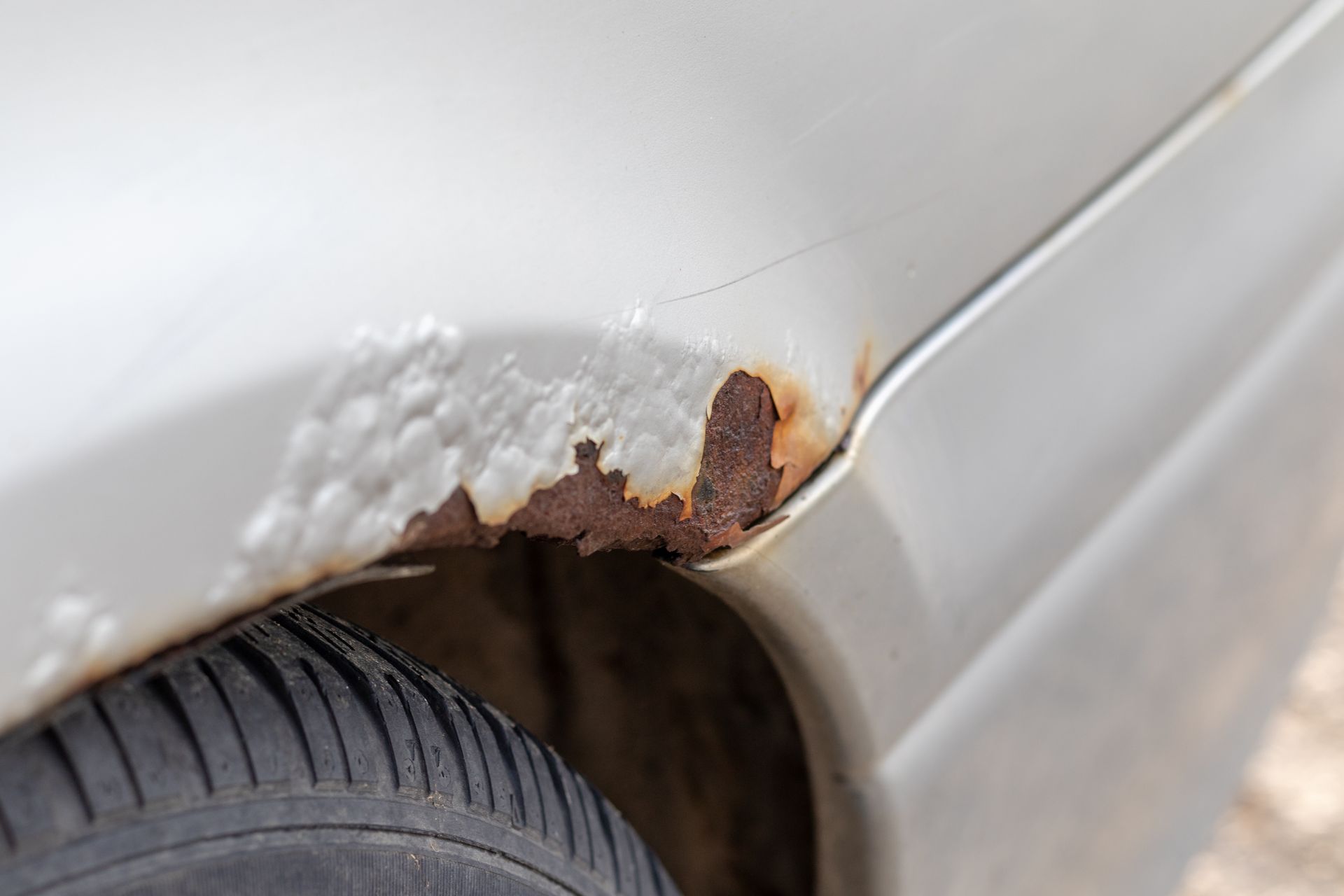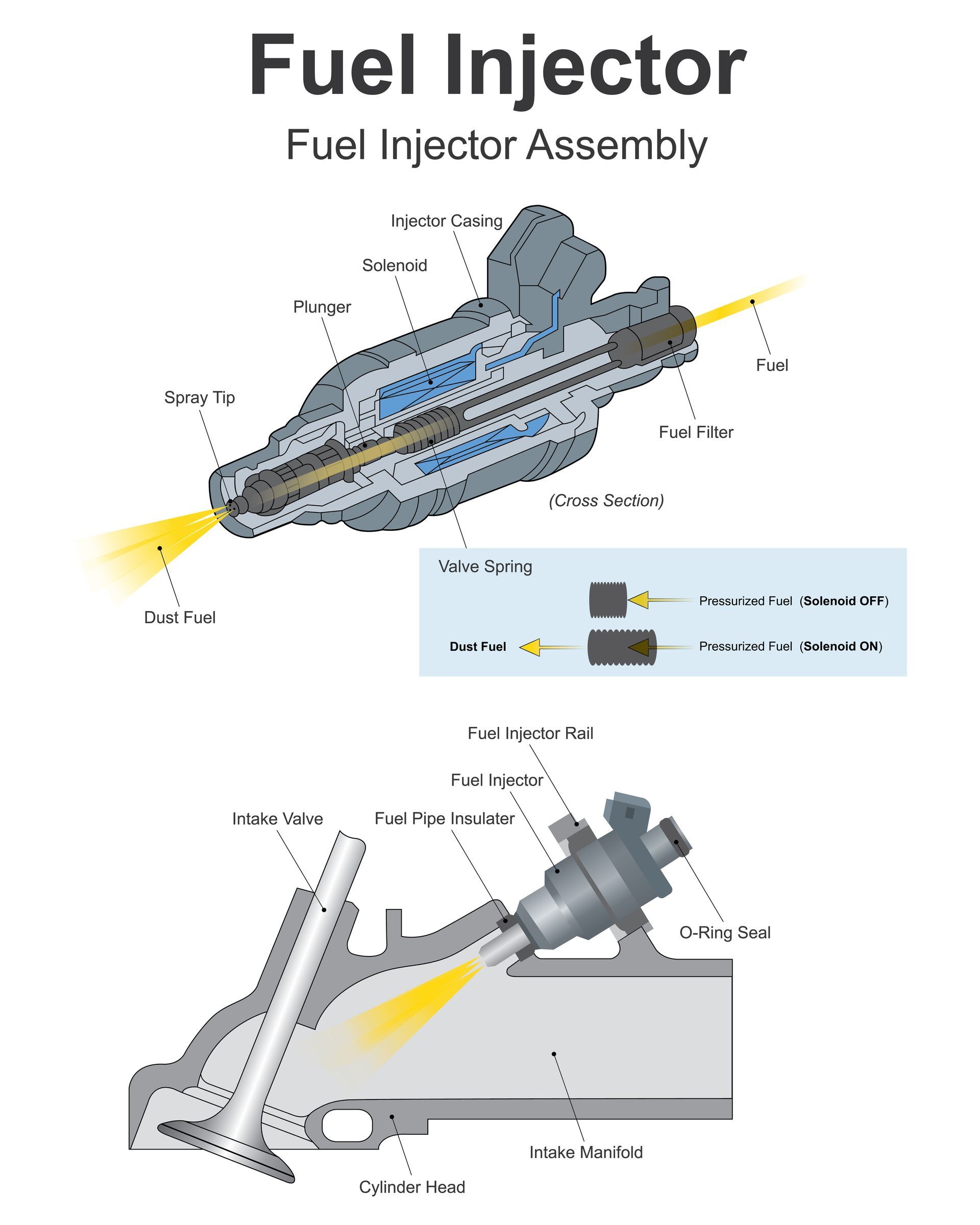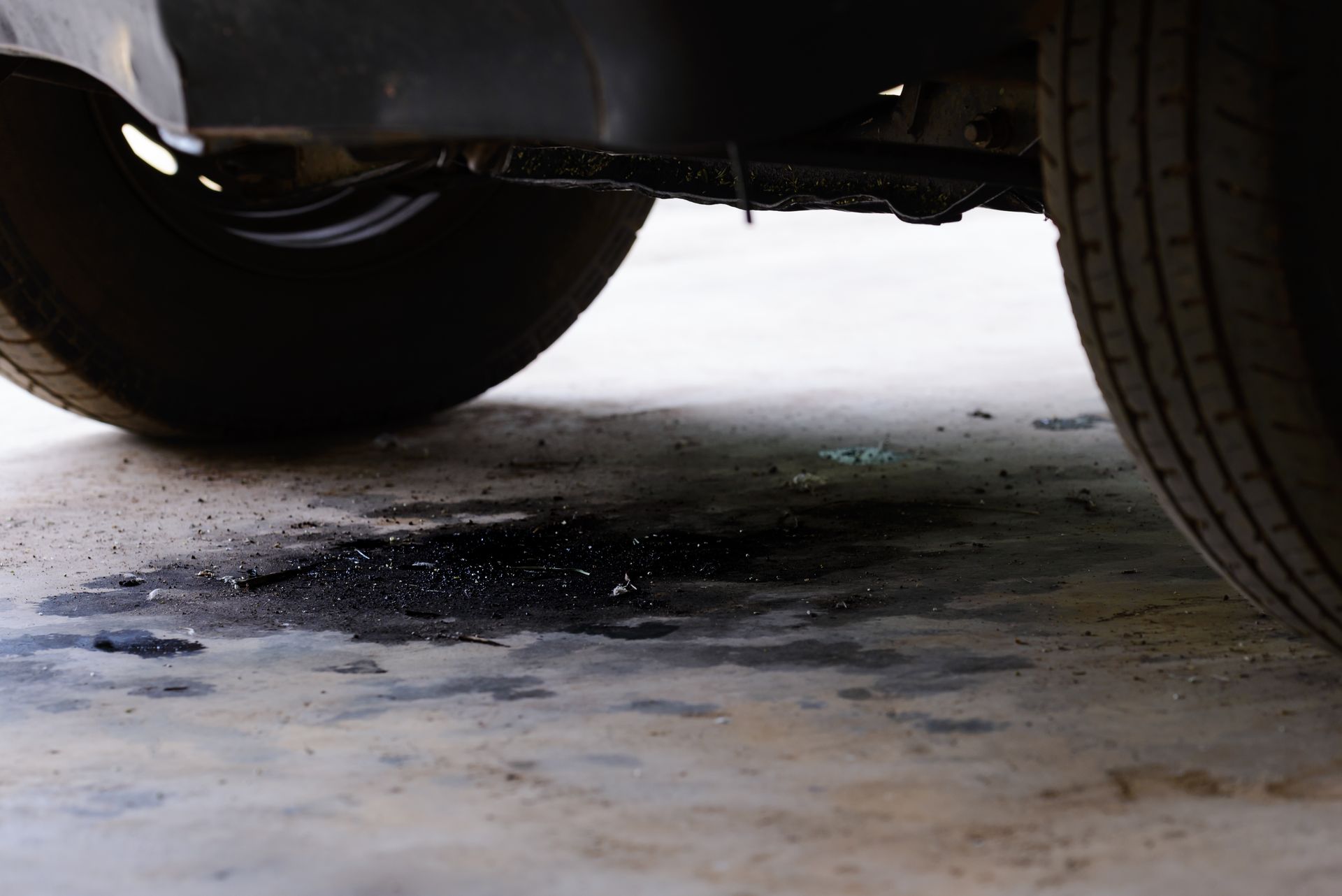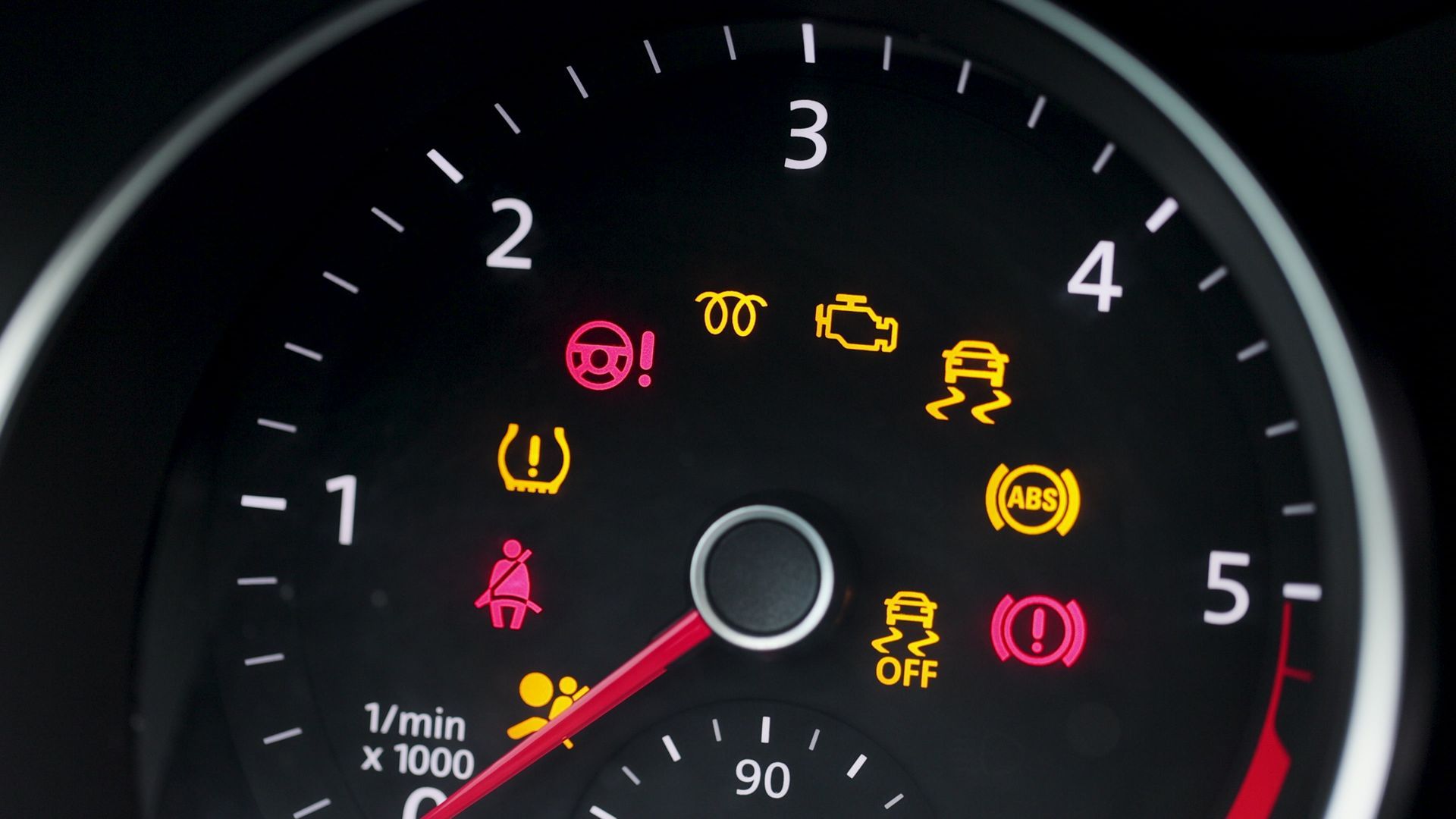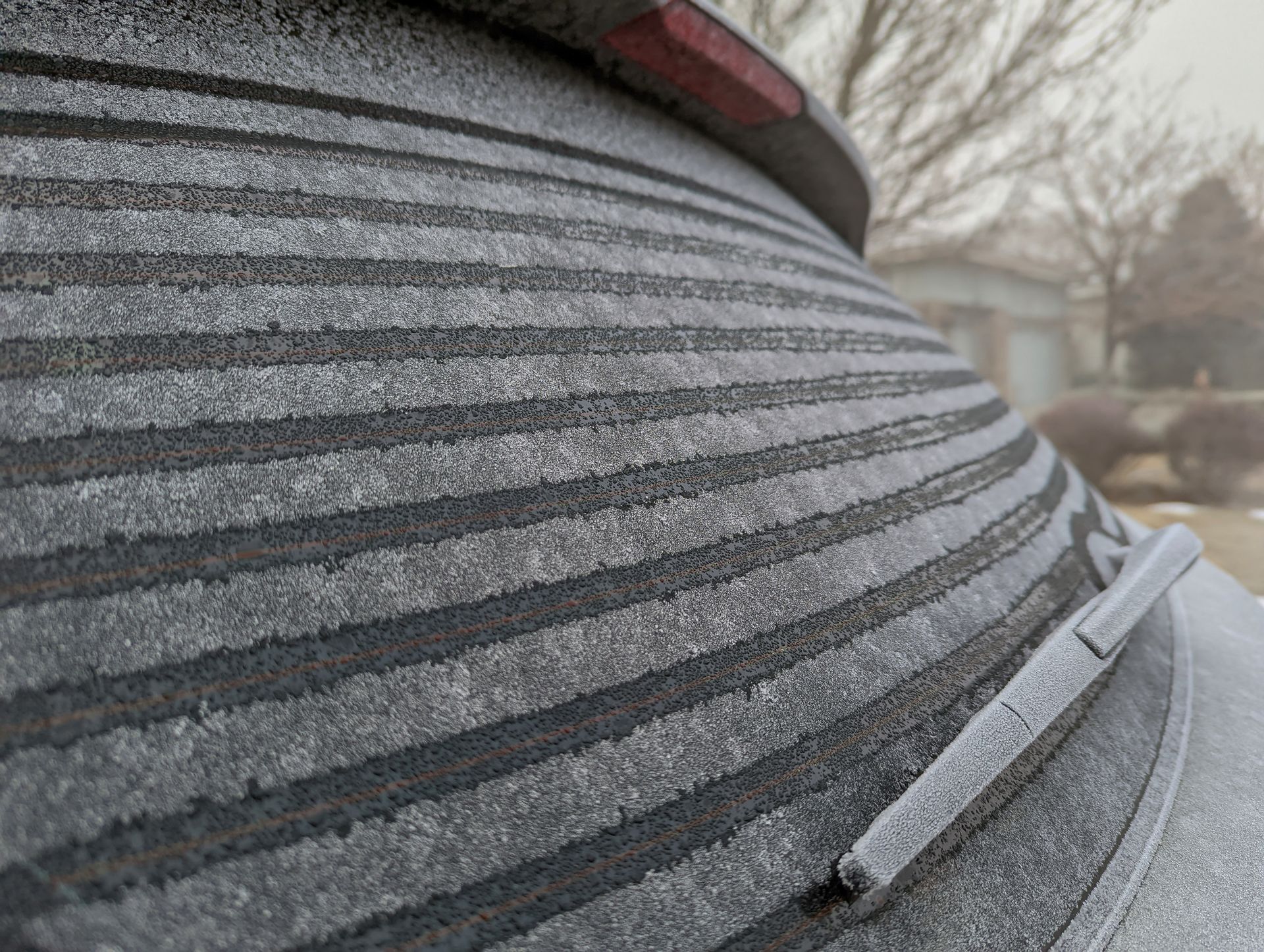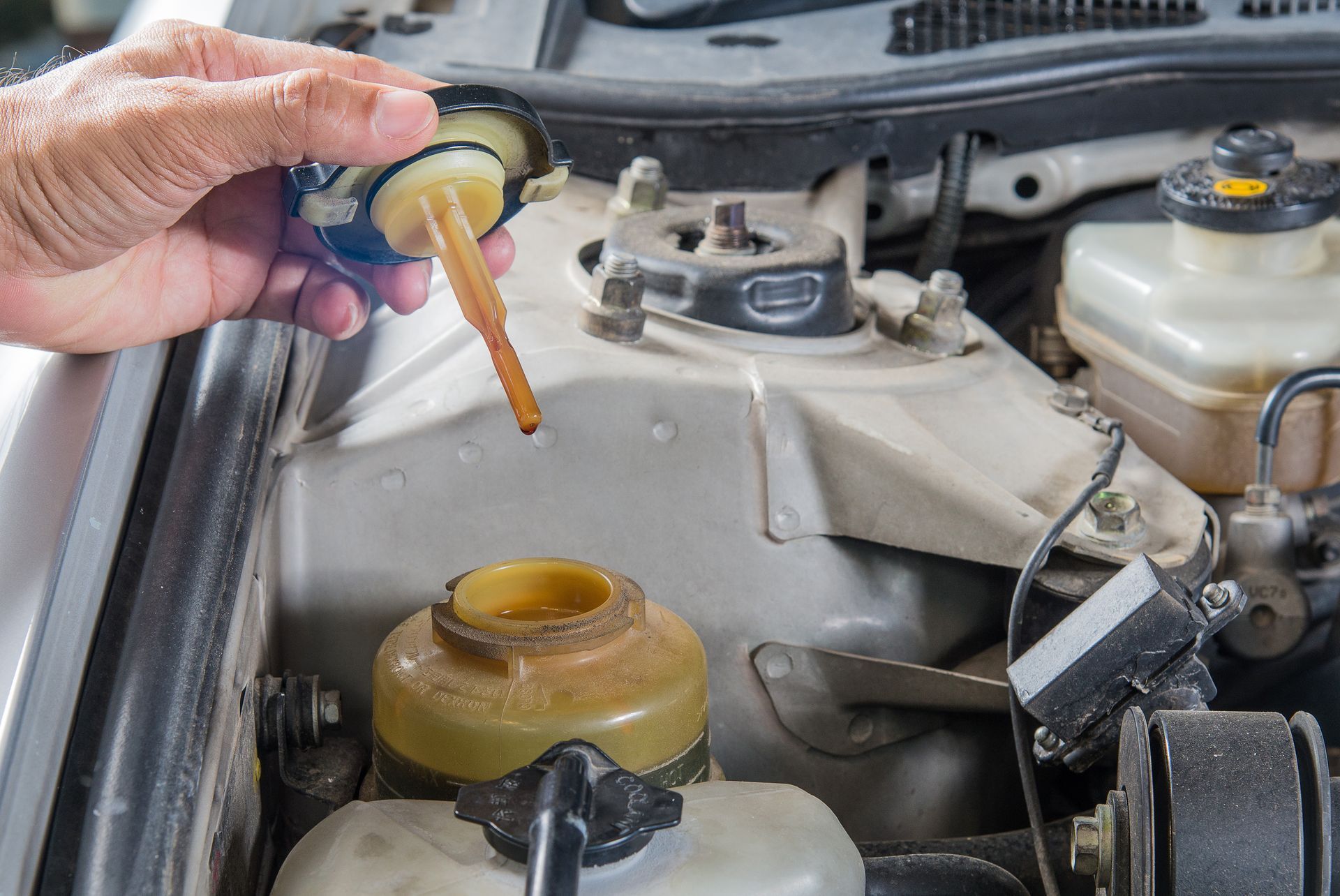With more electric vehicles (EVs) on the road than ever before, many drivers are asking a key question: do EVs really require less maintenance than gas-powered cars? It’s a fair question—and the answer is both yes and no.
Electric cars are marketed as low-maintenance alternatives to traditional vehicles. And while that’s true in many ways, it doesn’t mean they’re maintenance-free. We’ll go over the differences so you know what to expect as an EV owner—or someone considering the switch.
Why EVs Have Fewer Maintenance Needs
Electric vehicles don’t have internal combustion engines, which means they don’t require oil changes, spark plug replacements, timing belt inspections, or exhaust system repairs. These are some of the most common and costly services associated with gas-powered vehicles, so their absence is a big plus.
EVs also use regenerative braking systems that reduce wear on brake pads. That means fewer brake replacements and longer intervals between services for many owners.
The simplicity of the electric drivetrain—fewer moving parts, no transmission fluid changes in most models, and minimal lubrication needs—does reduce the overall frequency of repairs.
Key Areas That Still Require Attention
Even though electric cars skip many traditional maintenance tasks, they’re not completely hands-off. Your EV still requires regular care to ensure it performs safely and efficiently.
Tires, for example, may wear out faster on EVs due to the instant torque and heavier battery weight. Proper tire rotations, alignments, and pressure checks remain essential.
Coolant is another factor. Many EVs have complex battery thermal management systems that use coolant to prevent overheating. This fluid needs to be inspected and replaced at manufacturer-recommended intervals.
Then there’s the cabin air filter, wiper blades, suspension components, and high-voltage system inspections—all of which require attention over time.
The Battery: EVs’ Most Expensive Component
While EVs don’t have engines, they do have large and costly batteries. These battery packs typically last 8 to 15 years, but their longevity depends on driving habits, charging patterns, and climate.
Battery health checks are becoming part of standard EV service. Software updates, charging system diagnostics, and thermal system performance all help monitor and protect the battery. While replacement is rare, it’s a high-stakes component that shouldn’t be ignored.
Software Updates and Diagnostics
Unlike traditional cars, EVs rely heavily on software. From driver assistance systems to range optimization, much of the vehicle’s performance can be fine-tuned through updates. Some manufacturers push updates wirelessly, but others may require shop visits.
That’s why choosing a repair shop with experience in EV diagnostics and software tools is essential. If your EV throws a warning light or loses range, software is often the place to start.
Are Maintenance Costs Lower Overall
Generally, yes—EV owners spend less on routine services. A 2023 study by Consumer Reports found that EVs cost about half as much to maintain over the first five years compared to gas-powered vehicles. Fewer parts mean fewer things that can break.
But EVs can also come with higher repair costs when issues arise, especially if specialized labor or parts are involved. That’s why proactive care still matters.
EV Maintenance at JP’s Garage in Dieppe, NB
At
JP’s Garage in Dieppe, NB, we understand the unique needs of electric vehicles. Whether you drive a fully electric model or a plug-in hybrid, our technicians have the tools and training to keep your car performing at its best. From software updates to battery system checks, we offer expert care for today’s electric drivers. Let us help you make the most of your EV with maintenance that’s smart, simple, and reliable.


